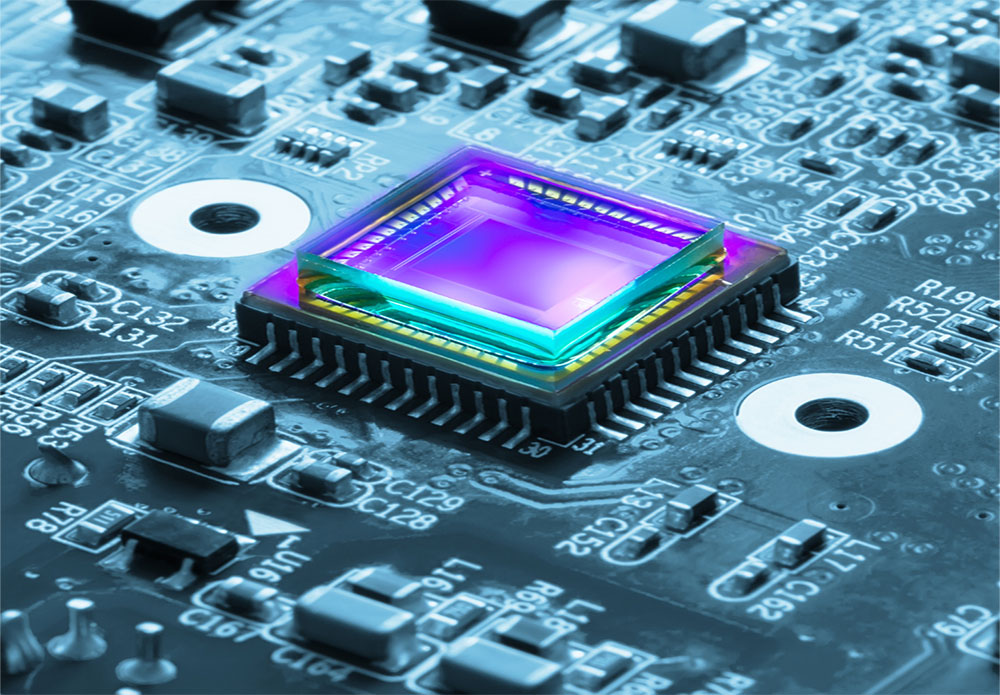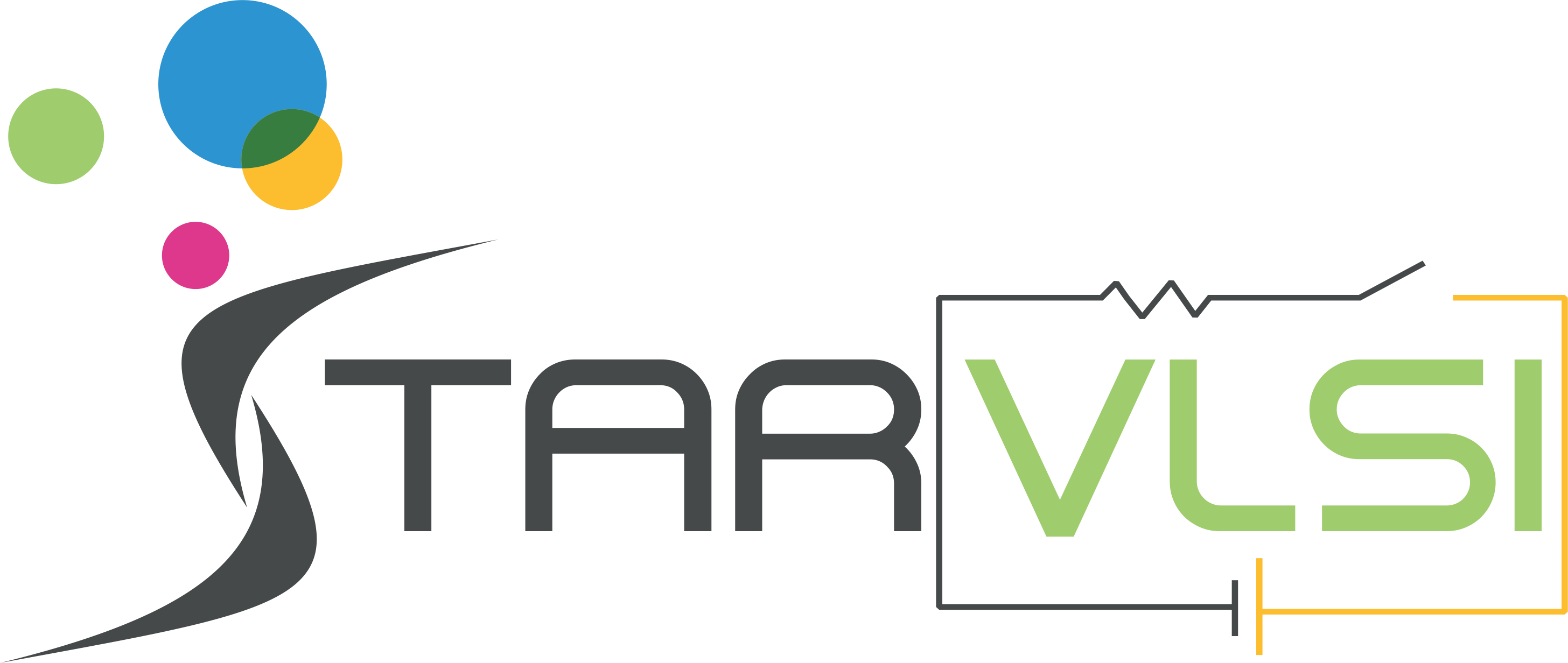Embedded Systems
Embedded systems training typically covers the design, development, and programming of systems that have a specific function or application within a larger device or system. This may include topics such as microcontroller programming, sensor interfaces, real-time systems, and communication protocols. The training may also cover the use of specific software and hardware tools, such as embedded operating systems, development kits, and debugging equipment. The goal of embedded systems training is to give individuals the skills and knowledge to design and develop efficient, reliable, and secure embedded systems for a variety of applications.
Next Batch – TBD

Highly rated on Google
4.9/5
Course Duration
4 months
Learning Mode
Offline
Placement Assistance
100%
Eligibility Criteria
B.TECH/B.E in Electrical Instrumentation
M.TECH in VLSI
B.TECH/B.E in Computer Science
B.Tech/B.E in Electronics and Communication(EEE)
B.Tech/B.E in Electrical and Electronics
Basic Digital Electronics And C language Knowledge is mandatory.
Career prospects in Embedded systems
1. Embedded Systems Engineer: These professionals design, develop, and test embedded systems, which are computer systems that are integrated into other devices or products.
2. Firmware Engineer: These engineers create the low-level software that controls embedded systems, such as device drivers, operating systems, and applications.
3. Internet of Things (IoT) Engineer: IoT engineers work on connecting embedded systems to the internet to enable remote monitoring, control, and data collection.
4. Robotics Engineer: Robotics engineers work on designing, developing, and testing robots and other automated systems that use embedded technology.
5. Automotive Engineer: Automotive engineers work on designing and developing embedded systems for use in cars and other vehicles.
6. Avionics Engineer: Avionics engineers work on designing and developing embedded systems for use in aerospace and defense.
7. Medical Device Engineer: Medical device engineers work on designing and developing embedded systems for use in medical equipment and devices.
8. Research and Development Engineer : R&D engineers work on researching and developing new embedded systems and technologies.
Skills you will gain
Software Development and Debugging Skills
Networking and Communication Protocols
Ability to Interface with Peripherals and Sensors
Interrupt Handling and Interfacing Techniques
Understanding of Software Development Life Cycle (SDLC)
Power Management Techniques
Microcontroller/Microprocessor Programming
Embedded System Architecture and Design
Familiarity with Real-Time Operating Systems (RTOS)
What you will learn
Introduction
Characteristics of Embedded Systems
Types of Embedded Systems
Applications of Embedded Systems
Components of an Embedded System:
1. Architecture and Pin Configuration
2. Memory Types and Interfacing
3. Register-level Programming
4. Interrupts and Exception Handling
5. Power Management
6. Comparison of different microcontroller families (e.g. AVR, PIC, 8051)1
1. Schematics and Circuit Design
2. PCB Design and Layout
3. Debugging Techniques and Tools (e.g. Oscilloscopes, Logic Analyzers, In-Circuit Emulators)
4. Power Supply Design and Decoupling
5. Signal Integrity and Noise Reduction Techniques
Embedded Operating Systems
1. Task Management and Scheduling
2. Inter-Process Communication
3. Device Drivers
4. File Systems
5. Real-Time and Embedded Linux
1. Real-Time Constraints and Requirements
2. Types of Real-Time Scheduling Algorithms (Rate Monotonic, Earliest Deadline First, etc.)
3. Interrupt Latency and Response Time
4. Real-Time Operating System APIs
5. Design and Development of Real-Time Systems
- ADC (Analog-to-Digital Conversion)
- PWM (Pulse Width Modulation)
- Timers and Counter/Timer Modules
- Interrupts and Interrupt Service Routines
- DMA (Direct Memory Access)
- Requirements Gathering and Analysis
- System Design and Architecture
- Design and Code Review
- Test-Driven Development
- Debugging and Troubleshooting
- Version Control and Configuration Management
UVM
- C Programming Language Fundamentals
- Pointers, Arrays and Structures
- Bitwise Operations
- Assembly Programming
- Mixing C and Assembly
- Embedded Linux Architecture
- Cross-compilation and Debugging
- Linux Booting Process and Device Drivers
- Linux Kernel Configuration and Customization
- Linux File Systems
- Linux Interprocess Communication and Synchronization
